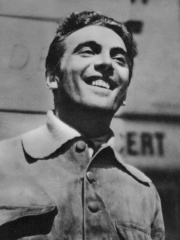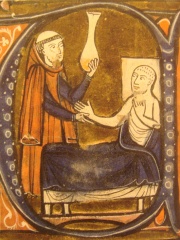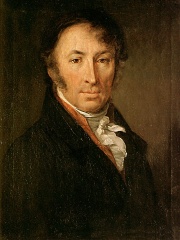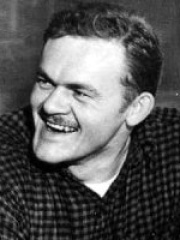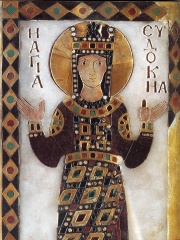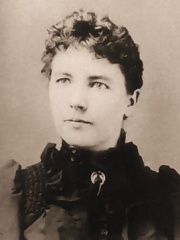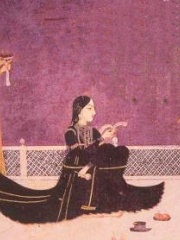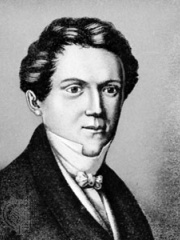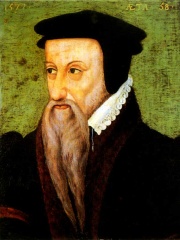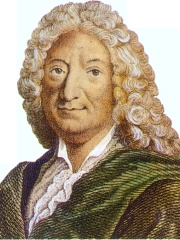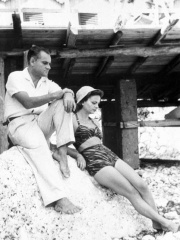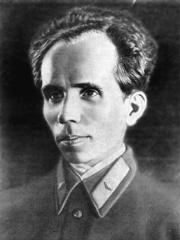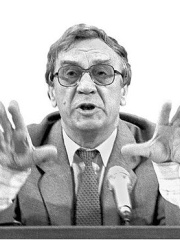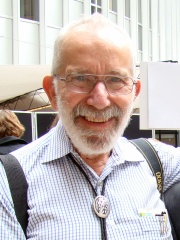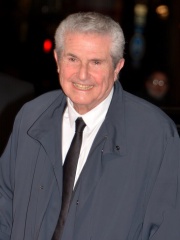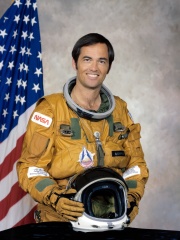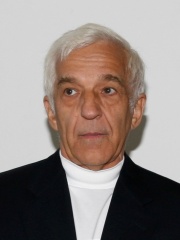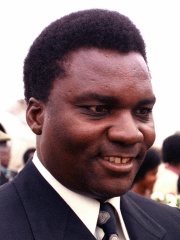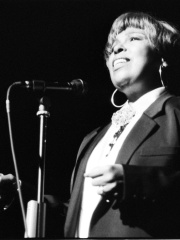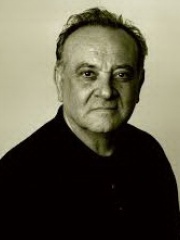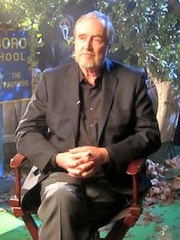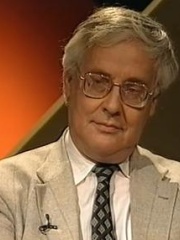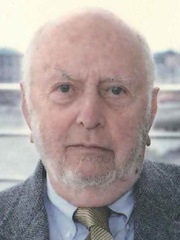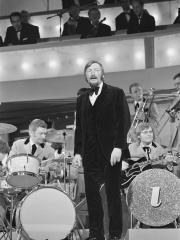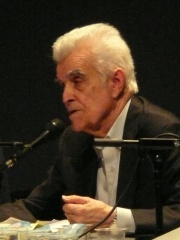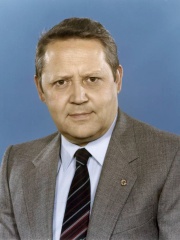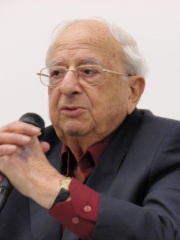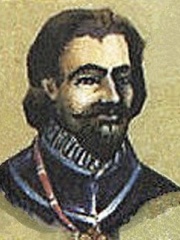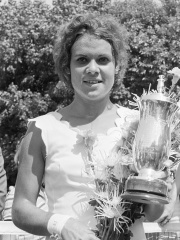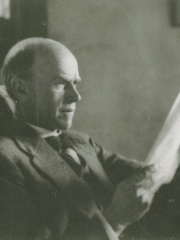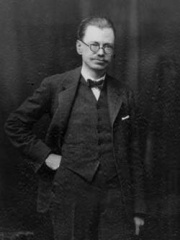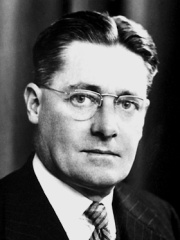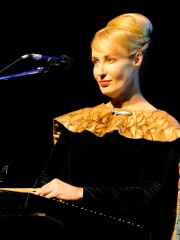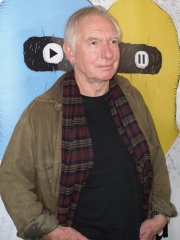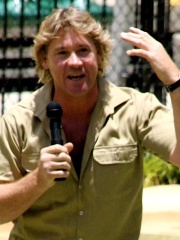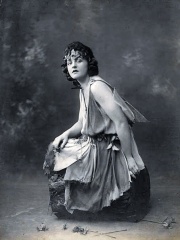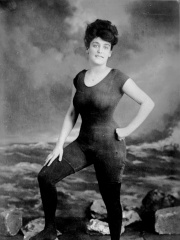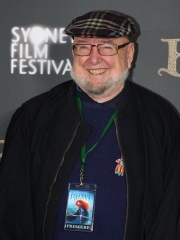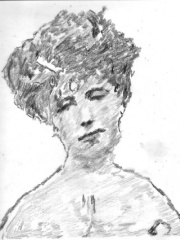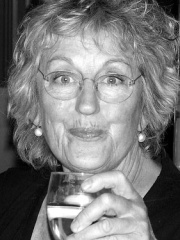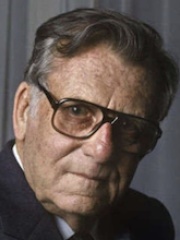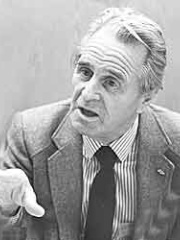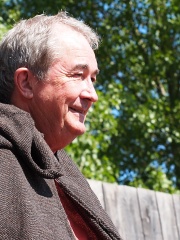Writer
Colleen McCullough
1937 - 2015
EN.WIKIPEDIA PAGE VIEWS (PV)
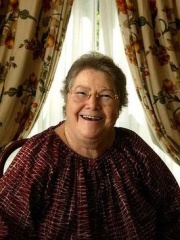
 Colleen McCullough
Colleen McCullough
Her biography is available in 47 different languages on Wikipedia (down from 48 in 2024). Colleen McCullough is the 821st most popular writer (down from 797th in 2024), the 31st most popular biography from Australia (down from 22nd in 2019) and the most popular Australian Writer.
Colleen McCullough is most famous for her book The Thorn Birds, which was published in 1977.
Memorability Metrics
Page views of Colleen McCullough by language
Among Writers
Among writers, Colleen McCullough ranks 821 out of 7,302. Before her are Julius Fučík, Gerard of Cremona, Nikolay Karamzin, James Jones, Aelia Eudocia, and Laura Ingalls Wilder. After her are Zeb-un-Nissa, Wilhelm Hauff, Theodore Beza, Alain-René Lesage, Elsa Morante, and Nikolai Ostrovsky.
Most Popular Writers in Wikipedia
Go to all RankingsJulius Fučík
1903 - 1943
HPI: 69.40
Rank: 815
Gerard of Cremona
1114 - 1187
HPI: 69.39
Rank: 816
Nikolay Karamzin
1766 - 1826
HPI: 69.37
Rank: 817
James Jones
1921 - 1977
HPI: 69.36
Rank: 818
Aelia Eudocia
401 - 460
HPI: 69.36
Rank: 819
Laura Ingalls Wilder
1867 - 1957
HPI: 69.36
Rank: 820
Colleen McCullough
1937 - 2015
HPI: 69.36
Rank: 821
Zeb-un-Nissa
1638 - 1702
HPI: 69.33
Rank: 822
Wilhelm Hauff
1802 - 1827
HPI: 69.33
Rank: 823
Theodore Beza
1519 - 1605
HPI: 69.33
Rank: 824
Alain-René Lesage
1668 - 1747
HPI: 69.31
Rank: 825
Elsa Morante
1912 - 1985
HPI: 69.30
Rank: 826
Nikolai Ostrovsky
1904 - 1936
HPI: 69.30
Rank: 827
Contemporaries
Among people born in 1937, Colleen McCullough ranks 48. Before her are Bill Cosby, Gennady Yanayev, Robin Warren, Claude Lelouch, Robert Crippen, and Vladimir Ashkenazy. After her are Jacques Santer, Juvénal Habyarimana, Roald Hoffmann, Colin Powell, Roberta Flack, and Angelo Badalamenti. Among people deceased in 2015, Colleen McCullough ranks 46. Before her are Alcides Ghiggia, Wes Craven, Benedict Anderson, Douglass North, Fatema Mernissi, and James Last. After her are René Girard, Günter Schabowski, Yitzhak Navon, Yevgeny Primakov, Boris Nemtsov, and Frei Otto.
Others Born in 1937
Go to all RankingsBill Cosby
COMEDIAN
1937 - Present
HPI: 70.07
Rank: 42
Gennady Yanayev
POLITICIAN
1937 - 2010
HPI: 69.89
Rank: 43
Robin Warren
PHYSICIAN
1937 - 2024
HPI: 69.85
Rank: 44
Claude Lelouch
FILM DIRECTOR
1937 - Present
HPI: 69.72
Rank: 45
Robert Crippen
ASTRONAUT
1937 - Present
HPI: 69.59
Rank: 46
Vladimir Ashkenazy
MUSICIAN
1937 - Present
HPI: 69.55
Rank: 47
Colleen McCullough
WRITER
1937 - 2015
HPI: 69.36
Rank: 48
Jacques Santer
POLITICIAN
1937 - Present
HPI: 69.34
Rank: 49
Juvénal Habyarimana
POLITICIAN
1937 - 1994
HPI: 69.34
Rank: 50
Roald Hoffmann
CHEMIST
1937 - Present
HPI: 69.16
Rank: 51
Colin Powell
POLITICIAN
1937 - 2021
HPI: 69.03
Rank: 52
Roberta Flack
SINGER
1937 - 2025
HPI: 69.03
Rank: 53
Angelo Badalamenti
COMPOSER
1937 - 2022
HPI: 68.92
Rank: 54
Others Deceased in 2015
Go to all RankingsAlcides Ghiggia
SOCCER PLAYER
1926 - 2015
HPI: 70.14
Rank: 40
Wes Craven
FILM DIRECTOR
1939 - 2015
HPI: 70.06
Rank: 41
Benedict Anderson
POLITICAL SCIENTIST
1936 - 2015
HPI: 69.90
Rank: 42
Douglass North
ECONOMIST
1920 - 2015
HPI: 69.84
Rank: 43
Fatema Mernissi
WRITER
1940 - 2015
HPI: 69.53
Rank: 44
James Last
MUSICIAN
1929 - 2015
HPI: 69.50
Rank: 45
Colleen McCullough
WRITER
1937 - 2015
HPI: 69.36
Rank: 46
René Girard
PHILOSOPHER
1923 - 2015
HPI: 69.32
Rank: 47
Günter Schabowski
POLITICIAN
1929 - 2015
HPI: 69.19
Rank: 48
Yitzhak Navon
POLITICIAN
1921 - 2015
HPI: 69.16
Rank: 49
Yevgeny Primakov
POLITICIAN
1929 - 2015
HPI: 68.88
Rank: 50
Boris Nemtsov
POLITICIAN
1959 - 2015
HPI: 68.60
Rank: 51
Frei Otto
ARCHITECT
1925 - 2015
HPI: 68.51
Rank: 52
In Australia
Among people born in Australia, Colleen McCullough ranks 31 out of NaN. Before her are Luís Vaz de Torres (1565), Heath Ledger (1979), Evonne Goolagong Cawley (1951), Robin Warren (1937), Elton Mayo (1880), and Hugh Jackman (1968). After her are Peter Singer (1946), V. Gordon Childe (1892), Howard Florey (1898), Lisa Gerrard (1961), Peter Weir (1944), and Steve Irwin (1962).
Others born in Australia
Go to all RankingsLuís Vaz de Torres
EXPLORER
1565 - 1614
HPI: 70.21
Rank: 25
Heath Ledger
ACTOR
1979 - 2008
HPI: 69.95
Rank: 26
Evonne Goolagong Cawley
TENNIS PLAYER
1951 - Present
HPI: 69.92
Rank: 27
Robin Warren
PHYSICIAN
1937 - 2024
HPI: 69.85
Rank: 28
Elton Mayo
PSYCHOLOGIST
1880 - 1949
HPI: 69.82
Rank: 29
Hugh Jackman
ACTOR
1968 - Present
HPI: 69.44
Rank: 30
Colleen McCullough
WRITER
1937 - 2015
HPI: 69.36
Rank: 31
Peter Singer
PHILOSOPHER
1946 - Present
HPI: 69.31
Rank: 32
V. Gordon Childe
ARCHAEOLOGIST
1892 - 1957
HPI: 68.96
Rank: 33
Howard Florey
PHYSICIAN
1898 - 1968
HPI: 68.81
Rank: 34
Lisa Gerrard
MUSICIAN
1961 - Present
HPI: 68.46
Rank: 35
Peter Weir
FILM DIRECTOR
1944 - Present
HPI: 68.44
Rank: 36
Steve Irwin
PRESENTER
1962 - 2006
HPI: 68.36
Rank: 37
Among Writers In Australia
Among writers born in Australia, Colleen McCullough ranks 1. After her are P. L. Travers (1899), James Clavell (1921), Annette Kellermann (1887), Thomas Keneally (1935), Rhonda Byrne (1945), Elizabeth von Arnim (1866), Germaine Greer (1939), Morris West (1916), James Aldridge (1918), John Flanagan (1944), and Gregory David Roberts (1952).
Colleen McCullough
1937 - 2015
HPI: 69.36
Rank: 1
P. L. Travers
1899 - 1996
HPI: 67.70
Rank: 2
James Clavell
1921 - 1994
HPI: 66.82
Rank: 3
Annette Kellermann
1887 - 1975
HPI: 66.62
Rank: 4
Thomas Keneally
1935 - Present
HPI: 64.54
Rank: 5
Rhonda Byrne
1945 - Present
HPI: 63.02
Rank: 6
Elizabeth von Arnim
1866 - 1941
HPI: 62.77
Rank: 7
Germaine Greer
1939 - Present
HPI: 62.74
Rank: 8
Morris West
1916 - 1999
HPI: 61.02
Rank: 9
James Aldridge
1918 - 2015
HPI: 59.26
Rank: 10
John Flanagan
1944 - Present
HPI: 59.11
Rank: 11
Gregory David Roberts
1952 - Present
HPI: 57.01
Rank: 12
